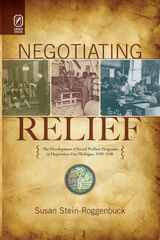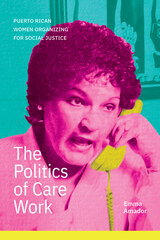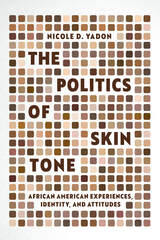2 books about 1930 1940

The Long War
The Intellectual People’s Front and Anti-Stalinism, 1930–1940
Judy Kutulas
Duke University Press, 1994
In the early 1930s, the American Communist Party attracted support from a wide range of liberal and radical intellectuals, partly in response to domestic politics, and also in opposition to the growing power of fascism abroad. The Long War, a social history of these intellectuals and their political institutions, tells the story of the rift that developed among the groups loosely organized under the umbrella of the Party—representing communist supporters of the People’s Front and those who would become anti-Stalinists—and the evolution of that rift into a generational divide that would culminate in the liberal anti-communism of the post-World War II era.
Judy Kutulas takes us into the debates and outright fights between and within the ranks of organizations such as the League of American Writers, the John Reed Clubs, the Committee for Cultural Freedom, the American Civil Liberties Union, and the National Committee for the Defense of Political Prisoners. Showing how extremist views about the nature and value of communism triumphed over more moderate ones, she traces the transfer of the left’s leadership from one generation to the next. She describes how supporters of the People’s Front were discredited by the time of the Nazi-Soviet Pact and how this opened the way for a new generation of leaders better known as the New York intellectuals. In this shift, Kutulas identifies the beginnings of the liberal anti-communism that would follow World War II.
A book for students and scholars of the intersection of politics and culture, The Long War offers a new, informed perspective on the intellectual maneuvers of the American left of the 1930s and leads to a reinterpretation of the time and its complex legacy.
Judy Kutulas takes us into the debates and outright fights between and within the ranks of organizations such as the League of American Writers, the John Reed Clubs, the Committee for Cultural Freedom, the American Civil Liberties Union, and the National Committee for the Defense of Political Prisoners. Showing how extremist views about the nature and value of communism triumphed over more moderate ones, she traces the transfer of the left’s leadership from one generation to the next. She describes how supporters of the People’s Front were discredited by the time of the Nazi-Soviet Pact and how this opened the way for a new generation of leaders better known as the New York intellectuals. In this shift, Kutulas identifies the beginnings of the liberal anti-communism that would follow World War II.
A book for students and scholars of the intersection of politics and culture, The Long War offers a new, informed perspective on the intellectual maneuvers of the American left of the 1930s and leads to a reinterpretation of the time and its complex legacy.
[more]

Negotiating Relief
The Development of Social Welfare Programs in Depression-Era Michigan, 1930–1940
Susan Stein-Roggenbuck
The Ohio State University Press, 2008
In Negotiating Relief, Susan Stein-Roggenbuck examines Michigan’s implementation of the New Deal relief programs and the state’s reorganization of welfare in 1939. Local officials, social workers, and recipients were key players in the Michigan debates over how best to administer relief. The book sheds important light on the profession of social work and public welfare, and the development of nonfederal relief at the state and local levels after 1935.
Guided by fiscal localism and a firm belief in home rule, local officials fought to retain control of relief. Stein-Roggenbuck argues that while significant changes occurred in welfare policy as a result of the New Deal, many continuities remained. Among those was the responsibility of families to provide financial support. Often forgotten were those on general relief—individuals who did not fit the federal programs such as Aid to Dependent Children (ADC) and Old Age Assistance (OAA). General relief became a third track of welfare.
Drawing on newspaper records, county and city board minutes, social welfare agency records, federal records, and case file records, Negotiating Relief gives voice to the numerous groups involved in welfare debates, particularly the recipients of relief. This book adds to our understanding of the local implementation of welfare policy in both rural and urban areas.
[more]
READERS
Browse our collection.
PUBLISHERS
See BiblioVault's publisher services.
STUDENT SERVICES
Files for college accessibility offices.
UChicago Accessibility Resources
home | accessibility | search | about | contact us
BiblioVault ® 2001 - 2025
The University of Chicago Press









